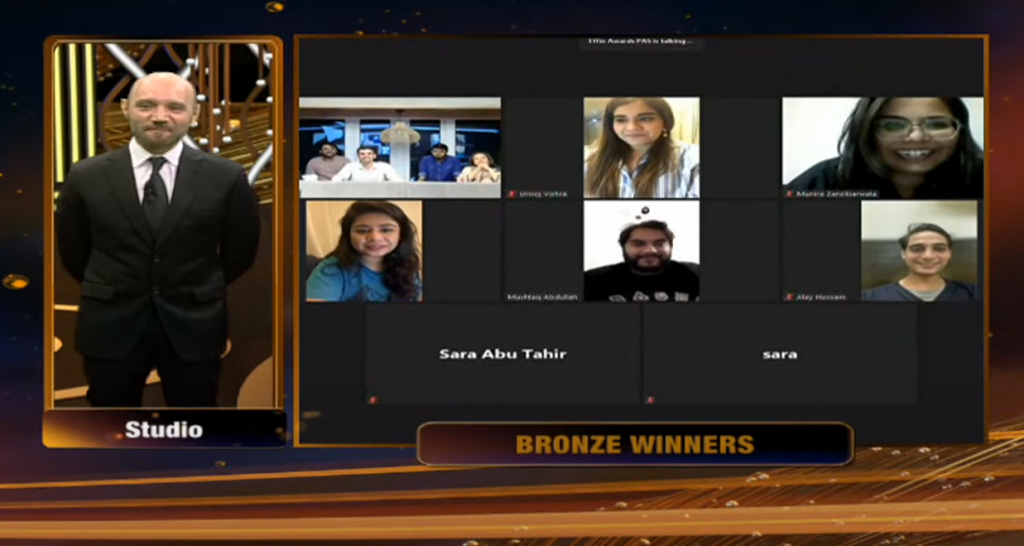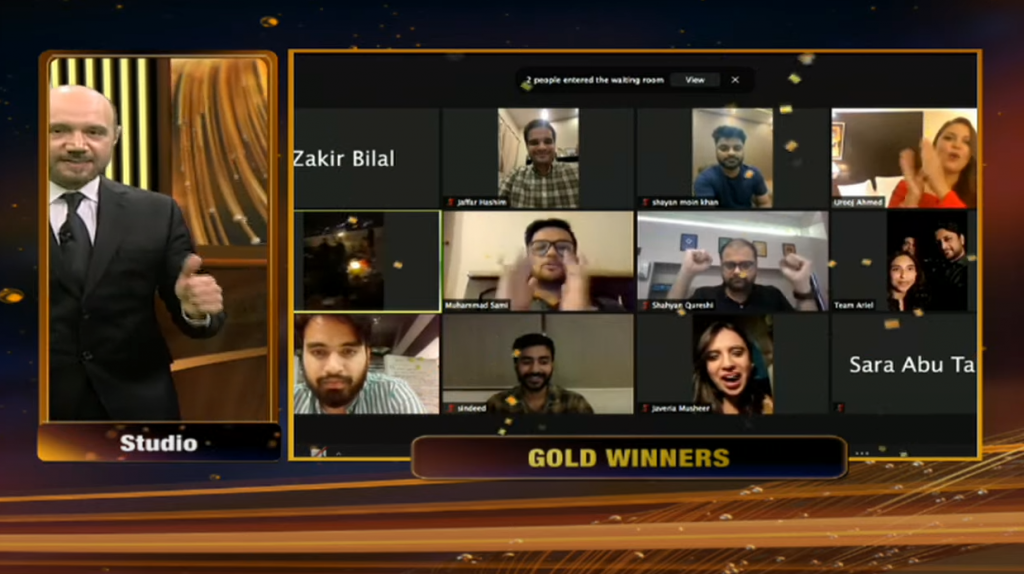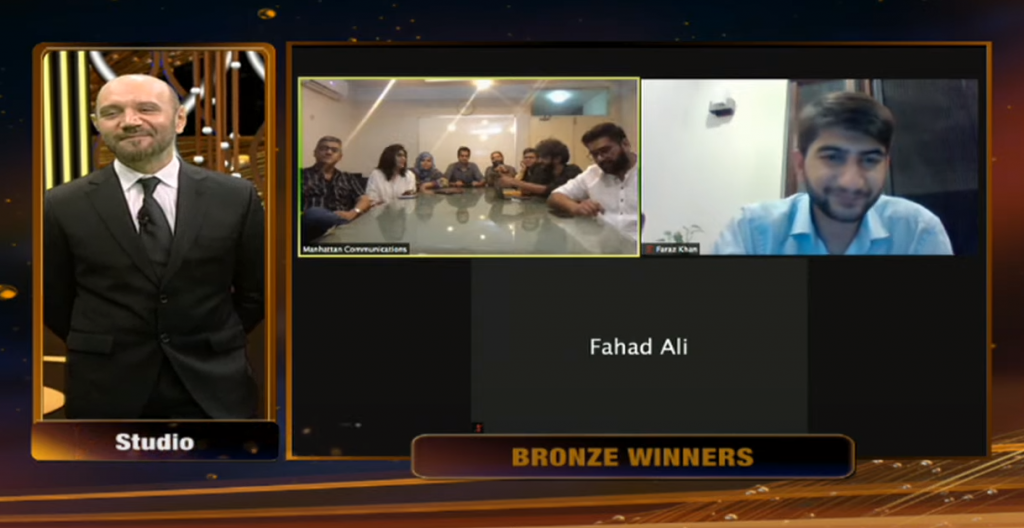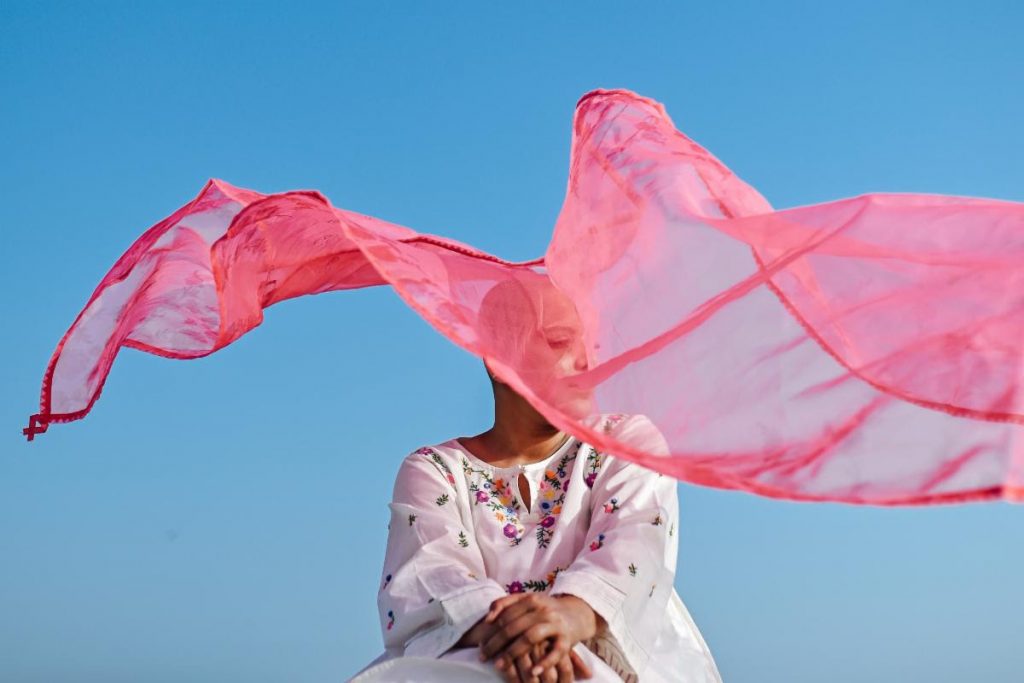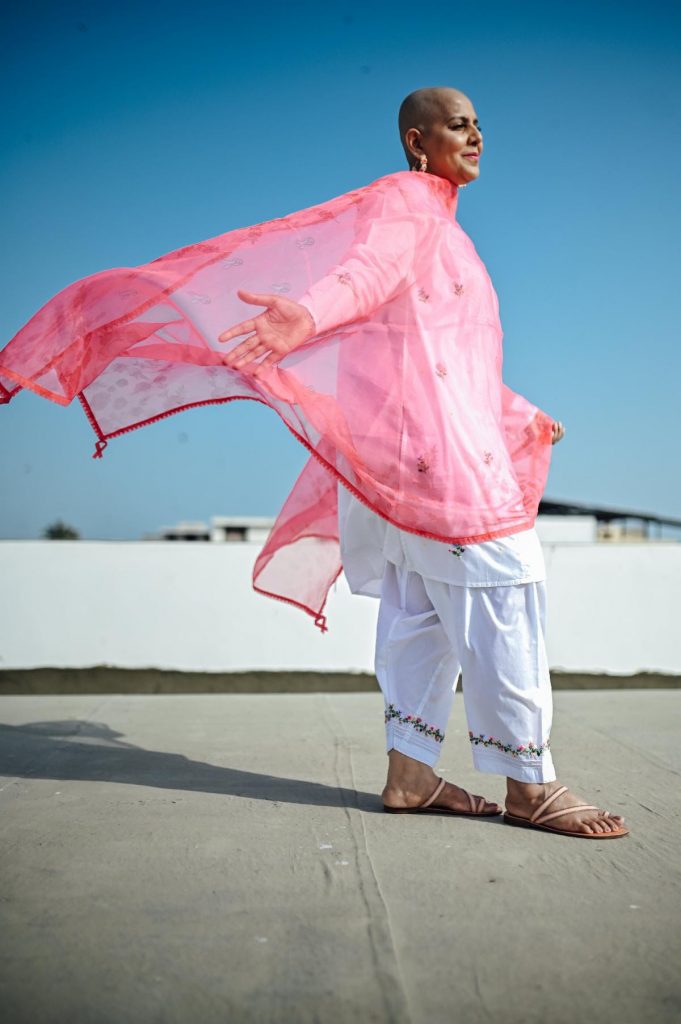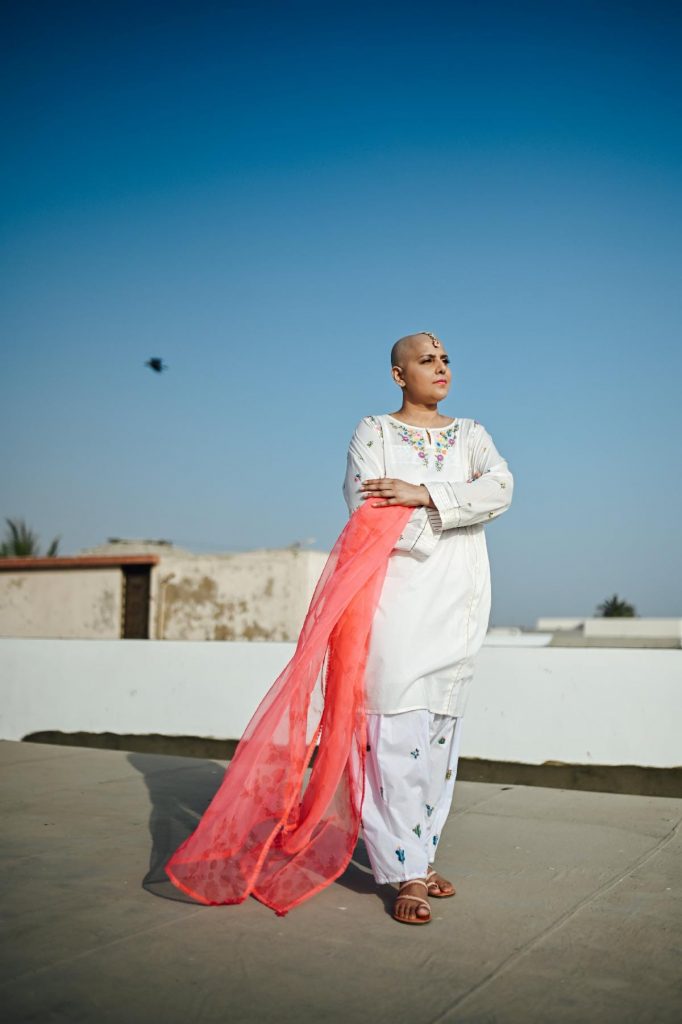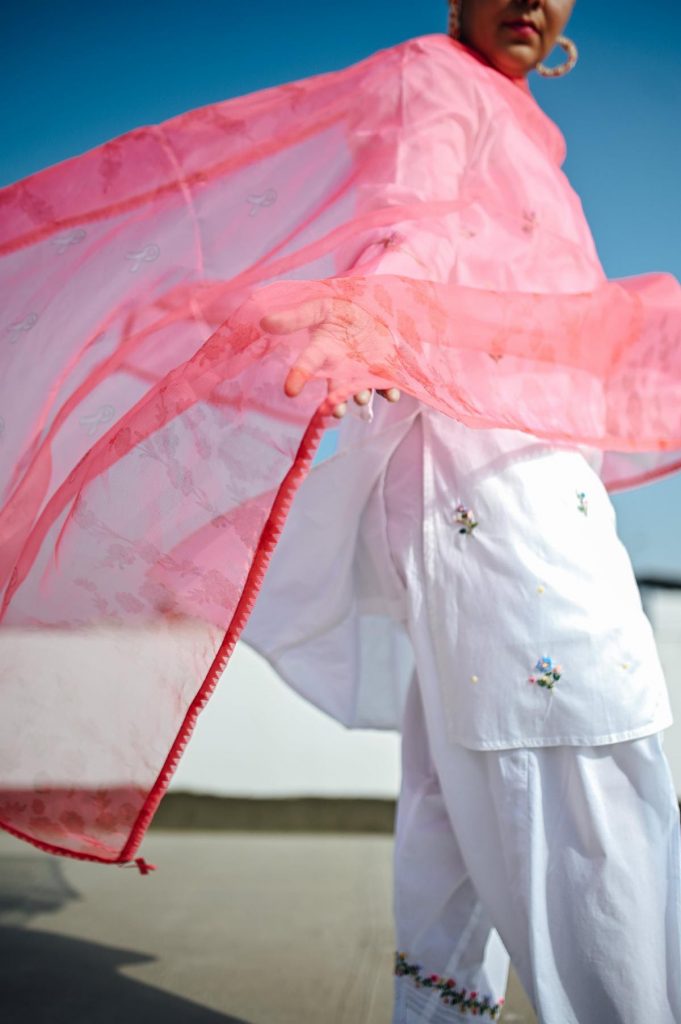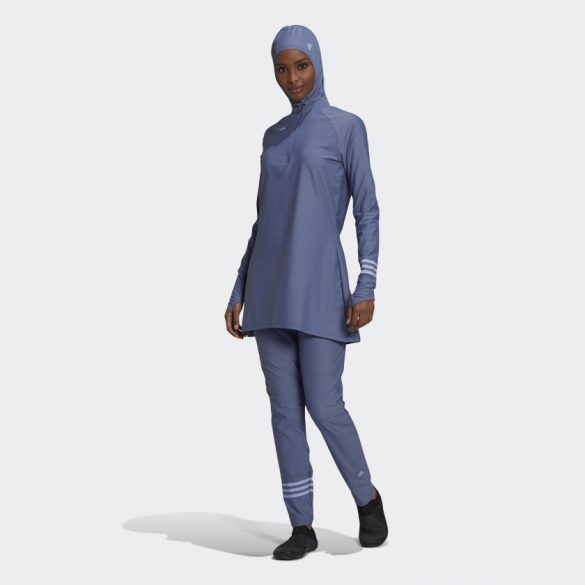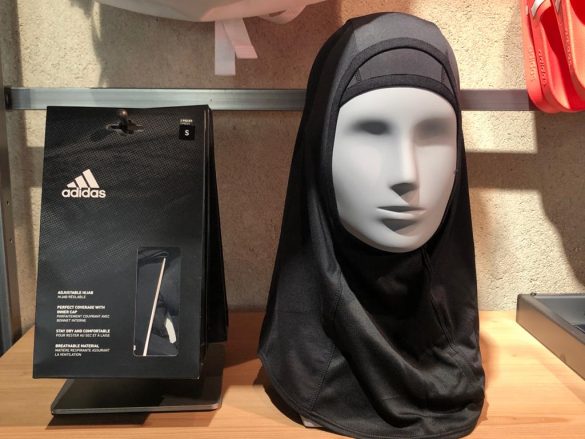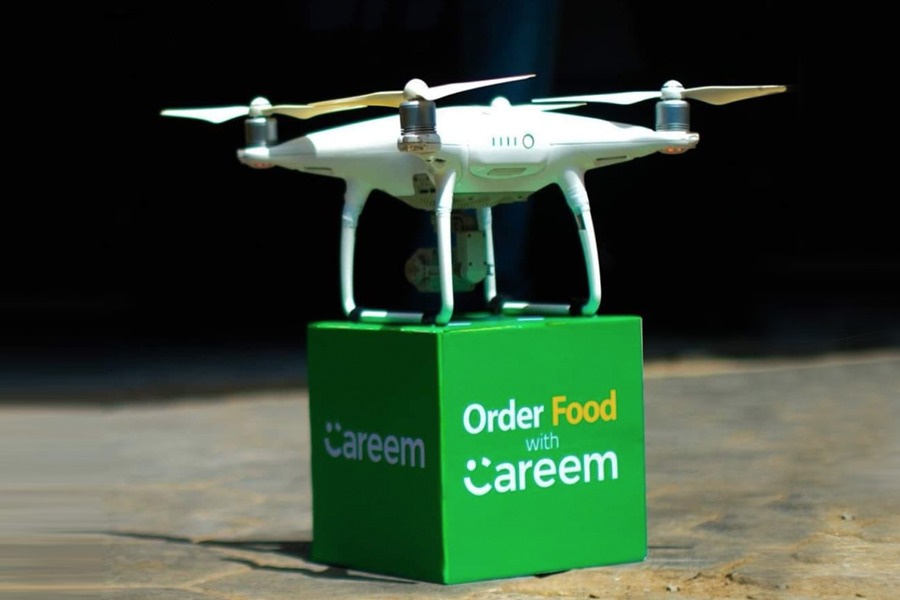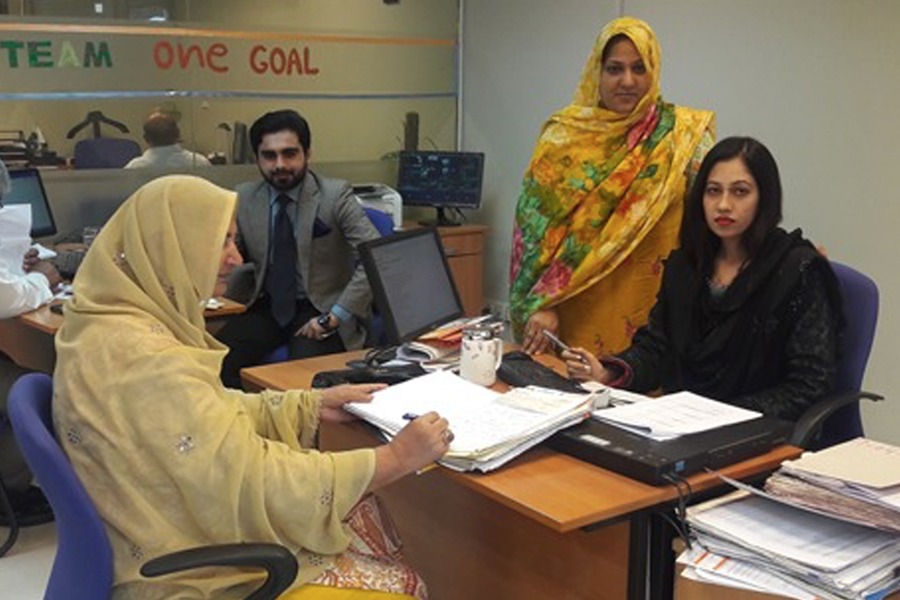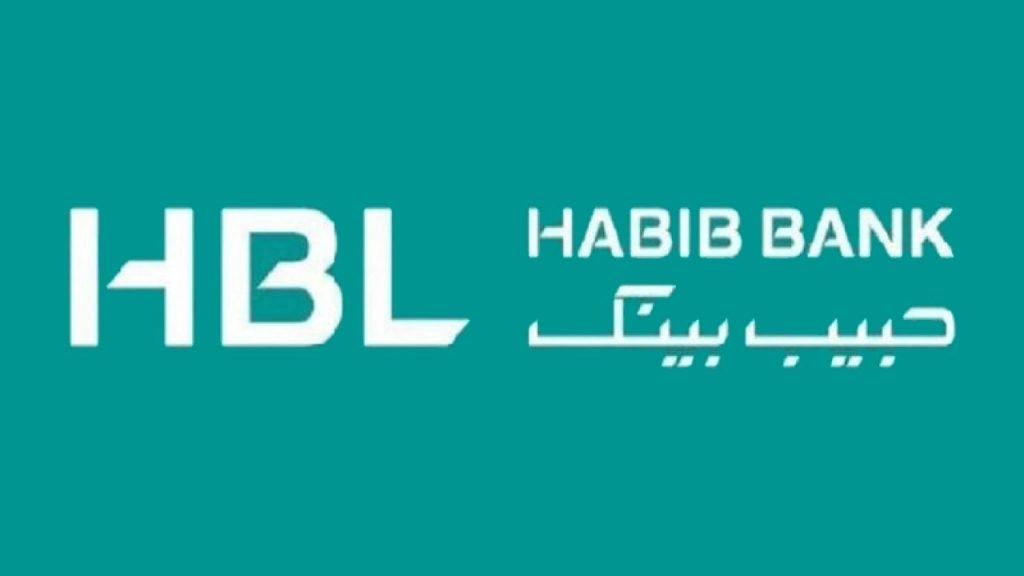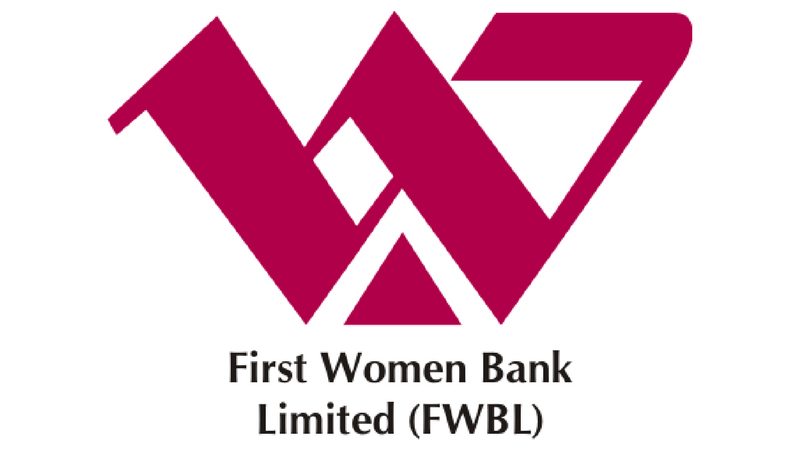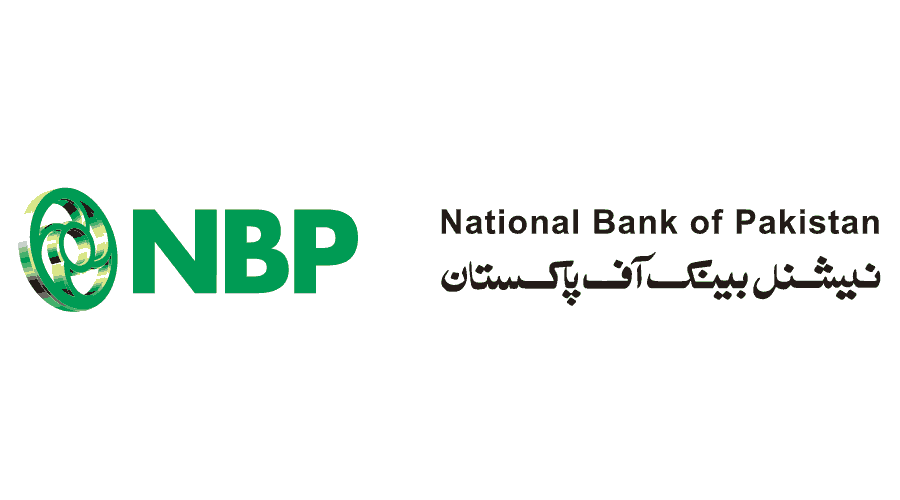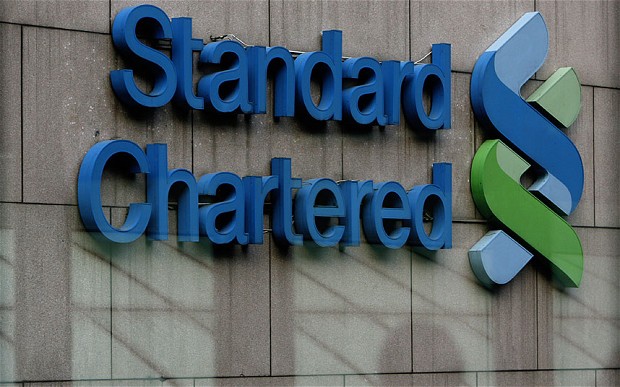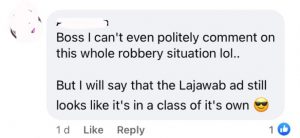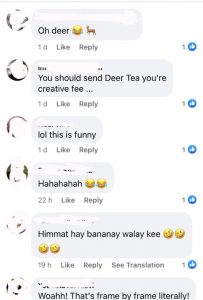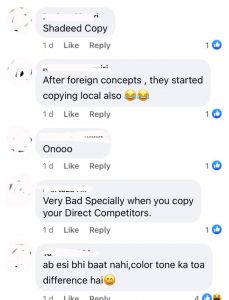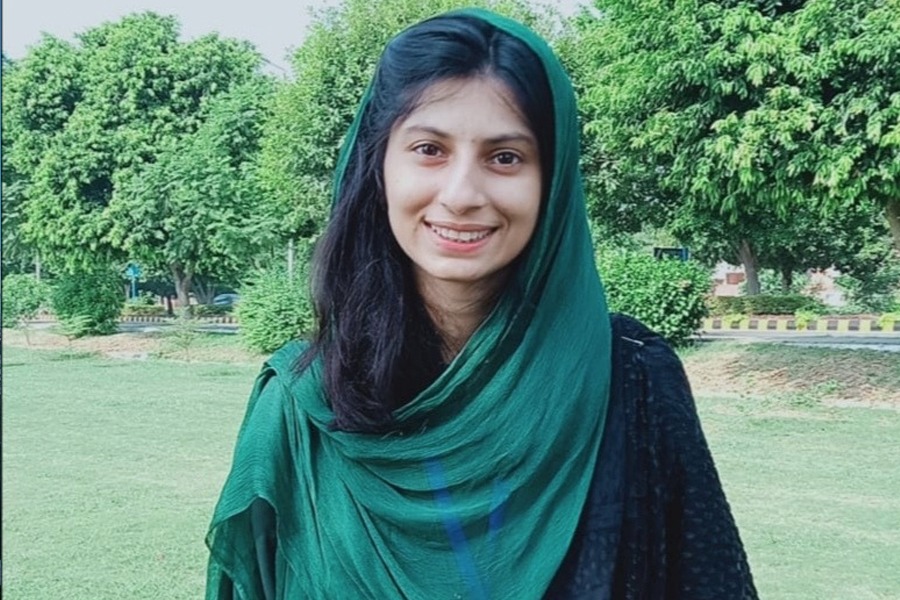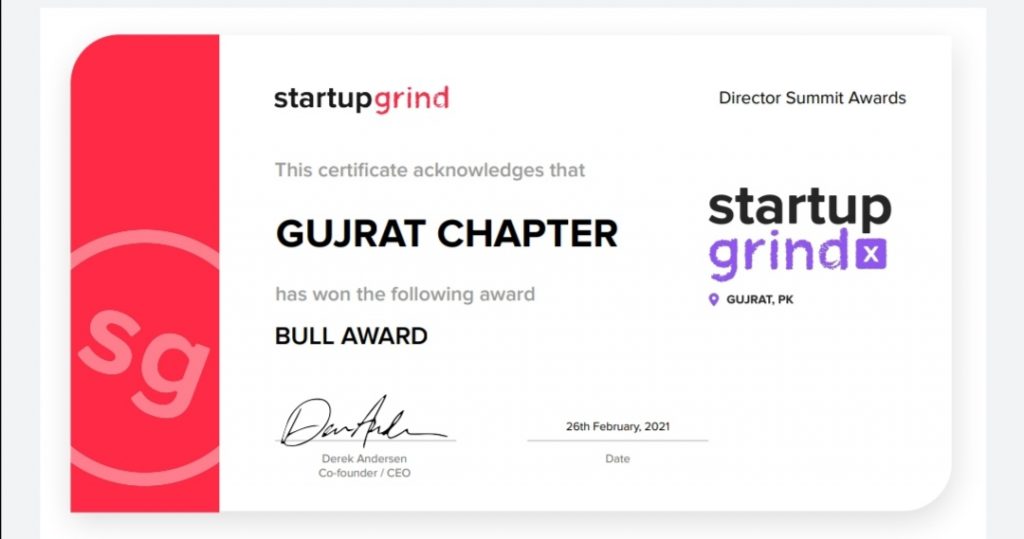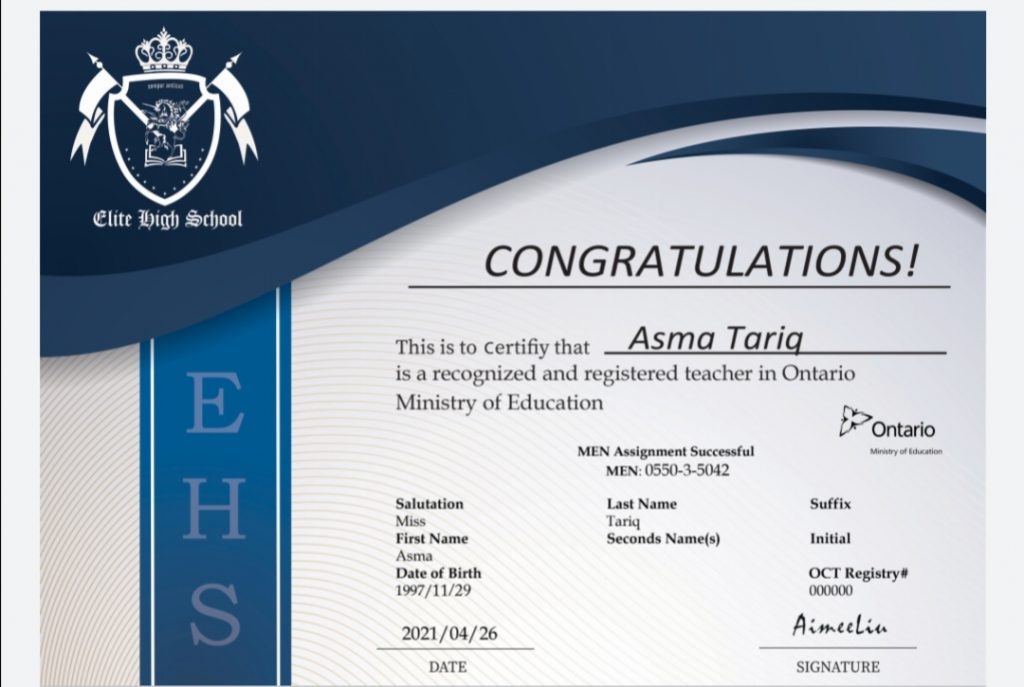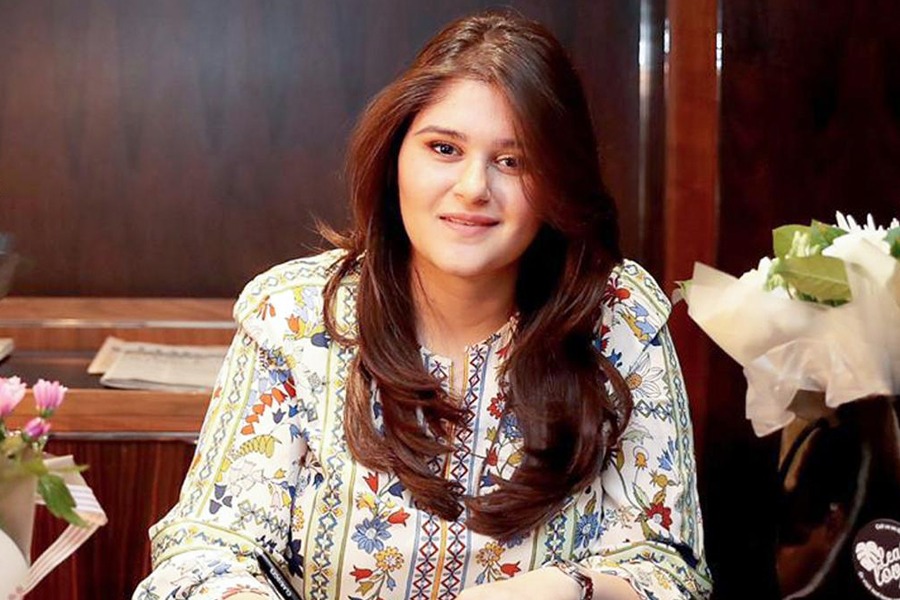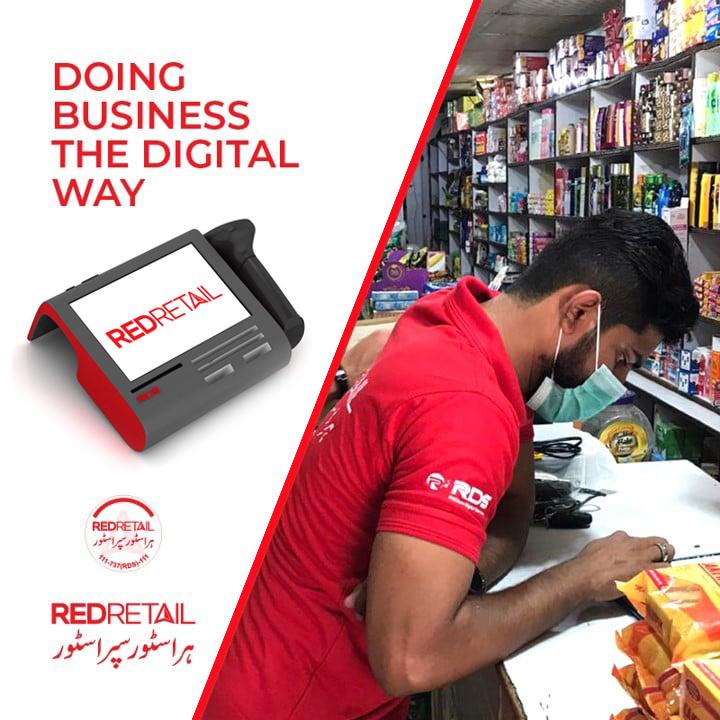Effie Pakistan is the most prestigious award programme of the marketing and advertising industry and is about ‘awarding ideas that work’ and celebrating the success of the industry. It is part of a global award programme which includes 52 national programs, 4 regional and 1 global award programme. It aims to lead, inspire and champion the practice and practitioners of marketing effectiveness and is a symbol of achievement that is widely respected worldwide.
Marketer of the Year 2021
Unilever Pakistan
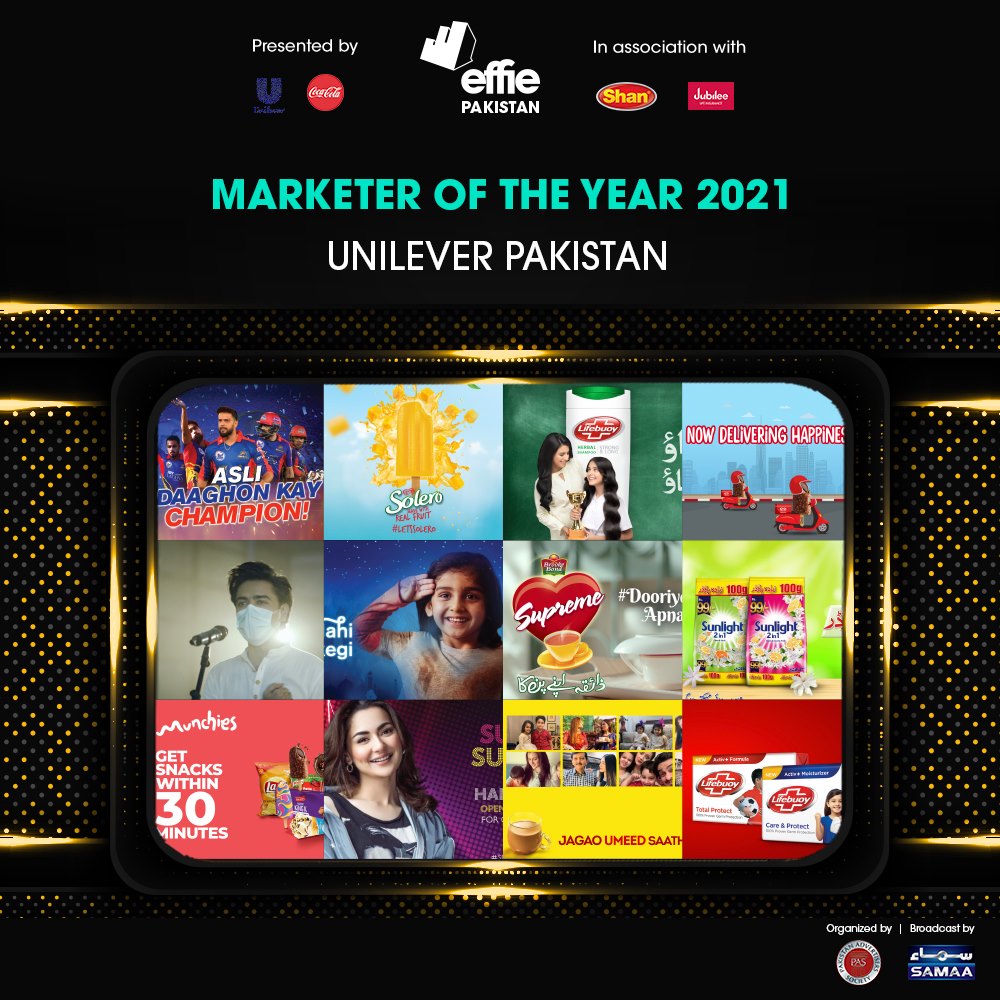
Agency Network of The Year
Ogilvy Pakistan
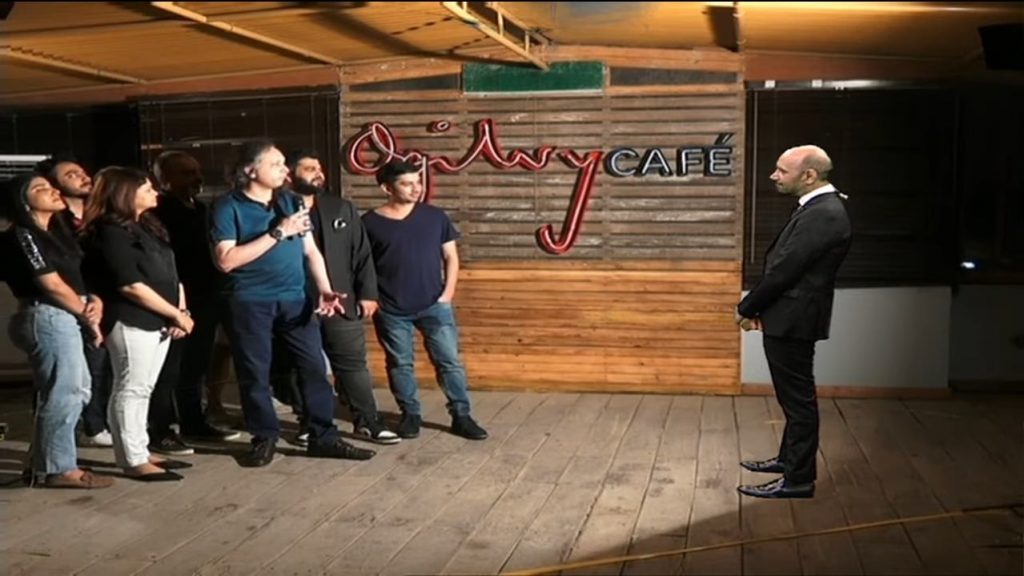
Biggest Award For The Night: THE EFFIE GRAND PRIX
BBDO PAKISTAN for “The Hot Tea Stain”, Shalamar Hospital

Construction, Real Estate Companies, and Allied Industry: Gold Winner
Arey Wah for “Amreli Steel”, Steel Rabars
Topical Marketing – Current: Gold Winner
MullenLowe Rauf and BBDO Pakistan for “Surf PSL”, Unilever Pakistan
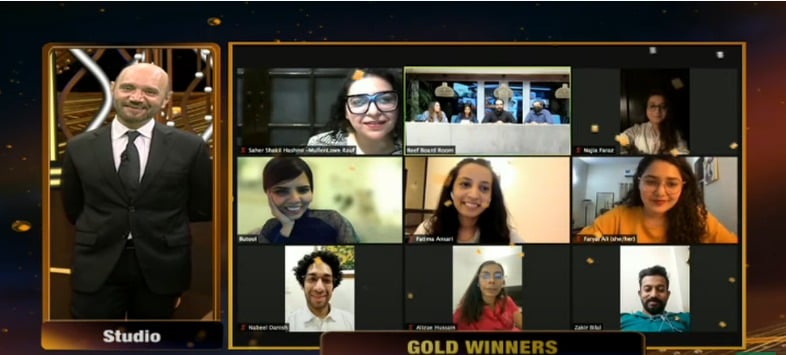
Topical Marketing – Current
Silver Winner: Manhattan Communication (Pvt.) Ltd for “McDonald’s Zalmi Meal”, McDonald’s Pakistan
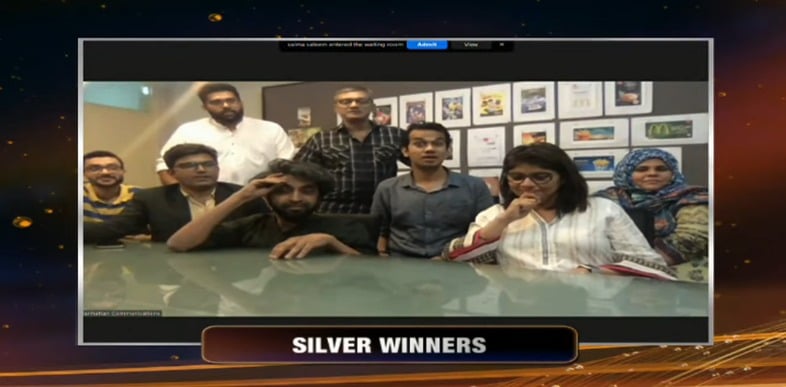
Topical Marketing – Current
Silver Winner: Team Reactivate for “Sunsilk Sundays with Hania Aamir”, Sunsilk
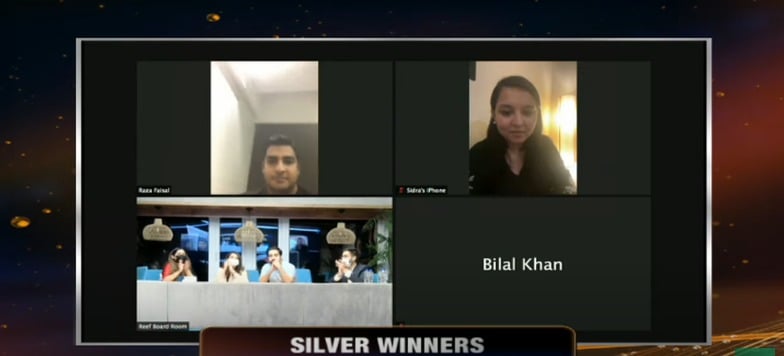 Health
Health
Silver Winner: BBDO Pakistan for “The Hot Tea Stain”, Shalamar Hospital
Culinary
Silver Winner: Manhattan Communication for “Split the Plate Campaign”, Dastak Cooking Oil

Culinary
Bronze Winner: Ogilvy Pakistan for “Shan Functional”, Shan Recipe Mix
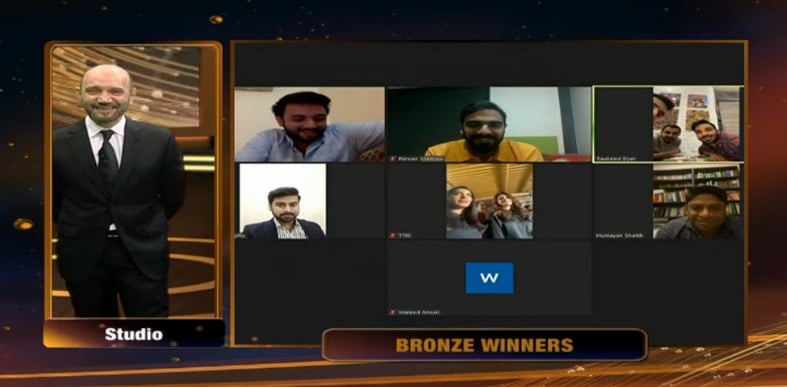
Internet and Telecom Category
Bronze Winner: Ogilvy Pakistan for “World’s First Personalised Mobile Data Plans”, Telenor
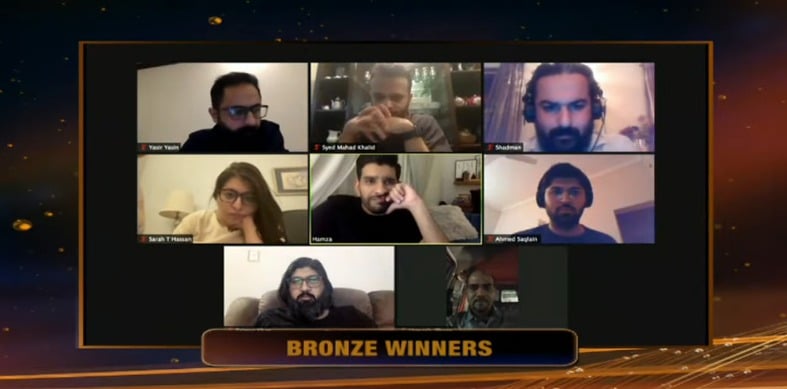
Positive Change: Social Good – Brands
Silver Winner: BBDO Pakistan for “Hoga Safe Pakistan”, Dettol

Positive Change: Social Good – Brands
Silver Winner: Symmetry Group for “Work for Home”, Ariel

Positive Change: Social Good – Brands
Bronze Winner: MullenLowe Rauf for “Not an Ad for Lifebuoy”, Lifebuoy

Positive Change: Social Good – Brands
Bronze Winner: Ogilvy Pakistan for “Shan Thematic”, Shan Recipe Mix
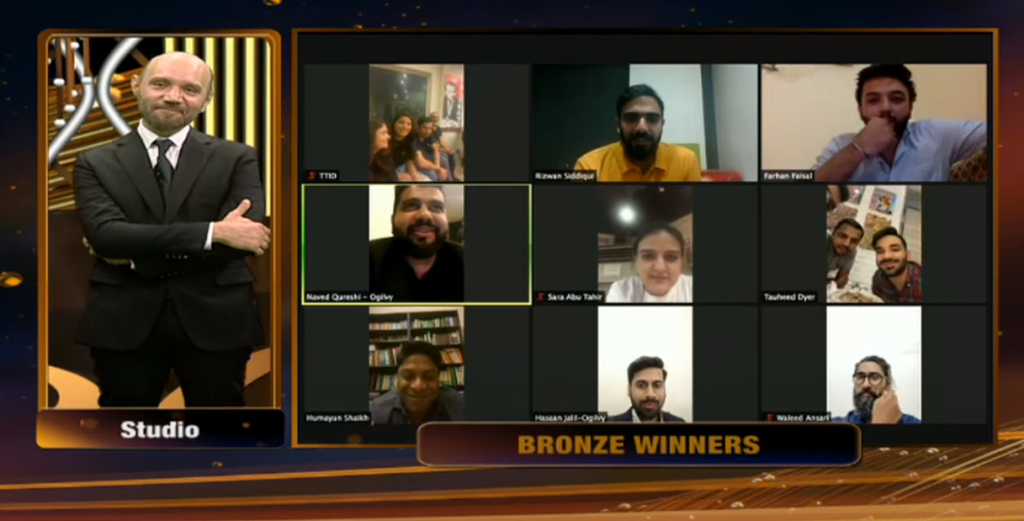
Snacks & Desserts
Silver Winner: FISHBOWL for “Shoop Instant Noodles”, Shan Foods
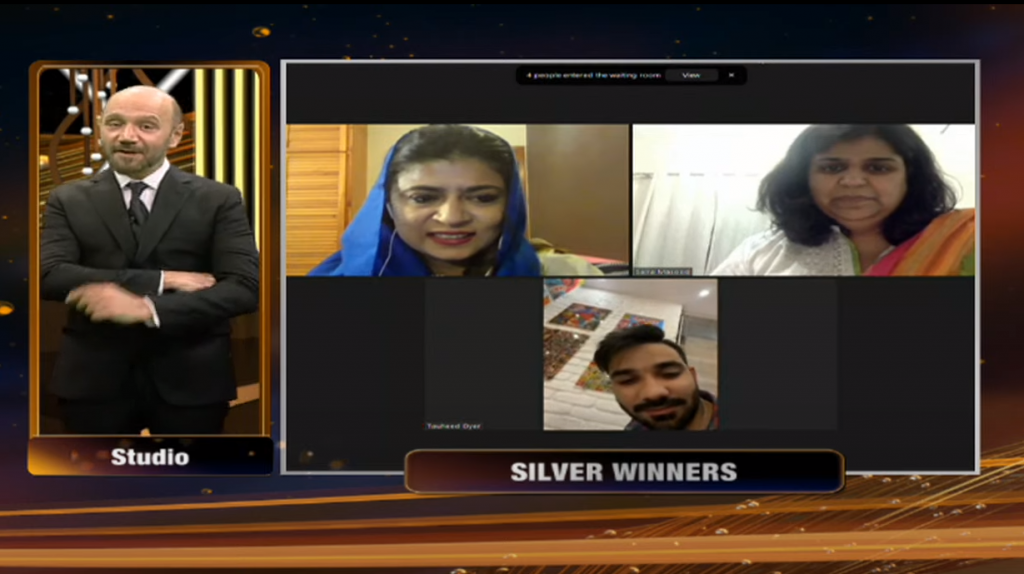
Seasonal Marketing
Gold Winner: OGILVY Pakistan for “Eidipaisa”, Easypaisa

Seasonal Marketing
Gold Winner: MullenLowe Rauf for “Surf Ramzan”, Surf Excel
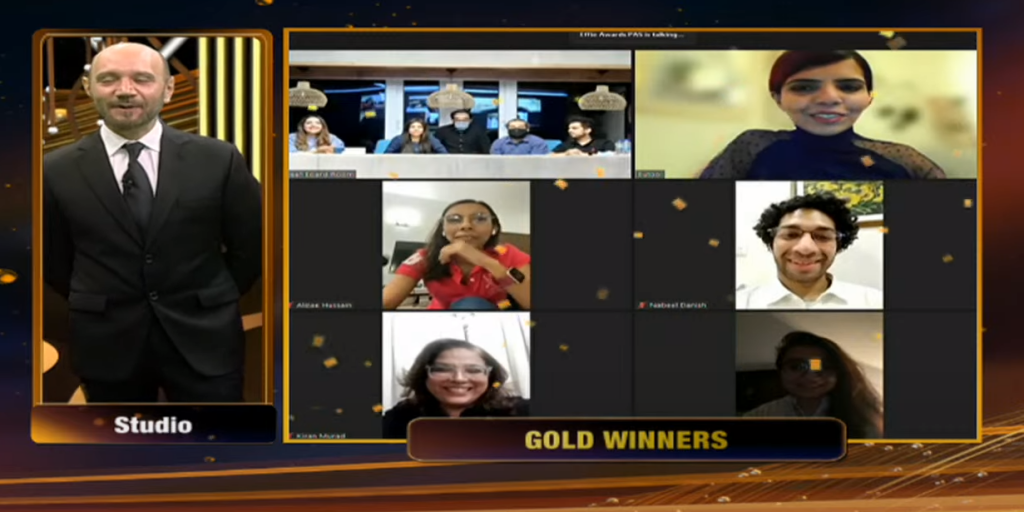
Seasonal Marketing
Silver Winner: Manhattan Communications for “Split The Plate Campaign”, Dastak Cooking Oil
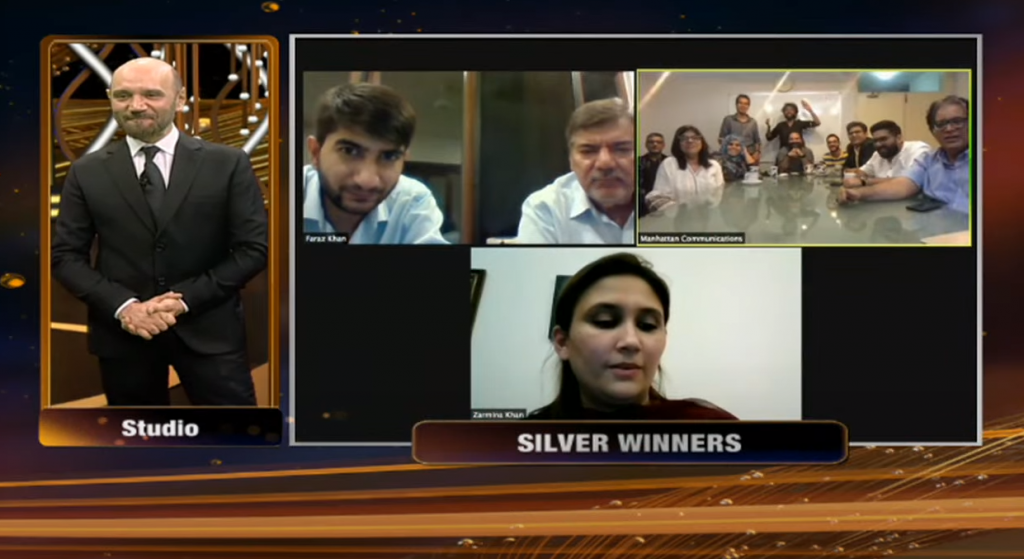
Seasonal Marketing
Bronze Winner: MullenLowe Rauf for Menstrual Hygiene Day Campaign, SINCERE Sanitary Napkins
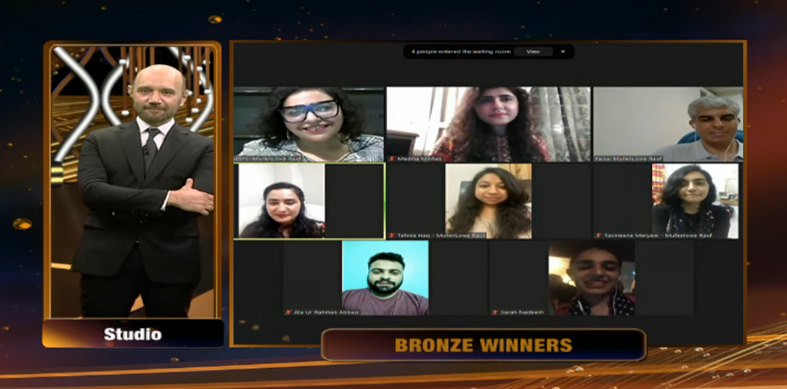
Topical Marketing – Crisis Response Gold Winner
Ogilvy Pakistan for “Eidipaisa”, Easypaisa
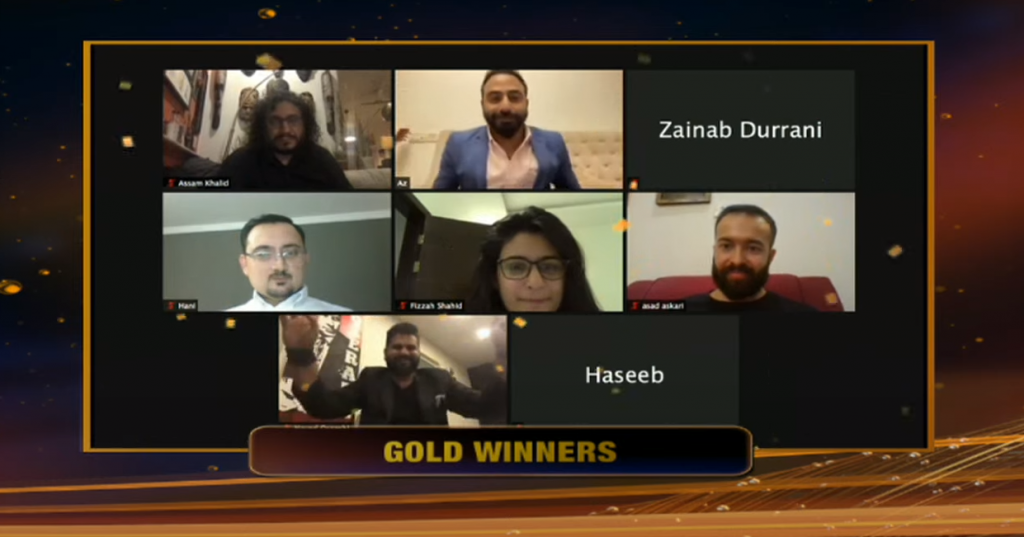
Topical Marketing – Crisis Response
Gold Winner: MullenLowe (Pakistan) for “Hathon ki Hifazat, Pakistan ki Hifazat”, Lifebuoy
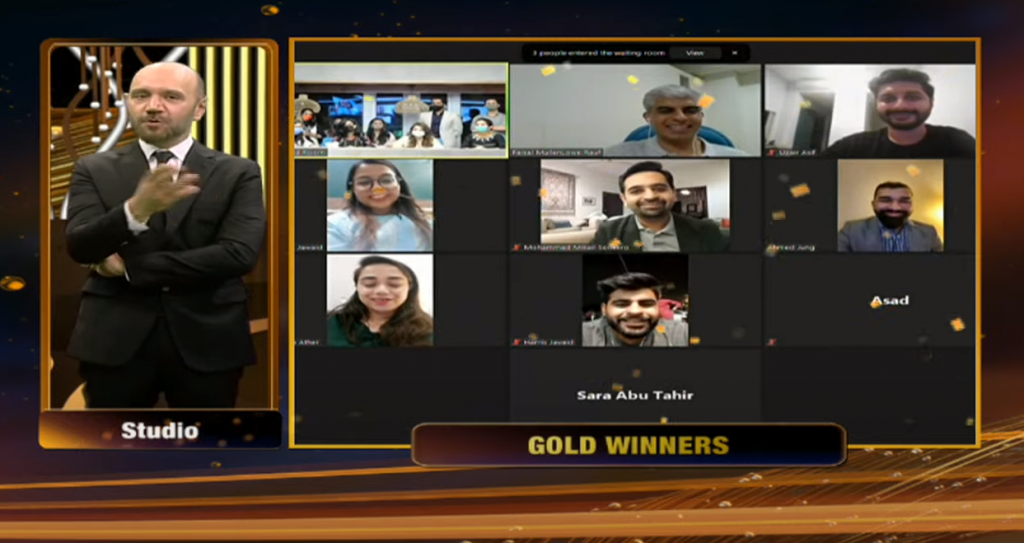
Topical Marketing – Crisis Response Bronze Winner
Ogilvy Pakistan for “Coke for Everyone”, Coca-Cola
 Topical Marketing – Crisis Response
Topical Marketing – Crisis Response
Bronze Winner: JWT for “Awakening hope through power”, Lipton

Topical Marketing – Crisis Response
Bronze Winner: JWT for “Awakening hope through power”, Lipton
Household Supplies and Services
Gold Winner: ADCOM for “Ragra vs Naya Ariel Tagra”, Ariel

Household Supplies and Services
Gold Winner: ADCOM for “Touch of Downy”, Ariel
Household Supplies and Services
Bronze Winner: MullenLowe (Pakistan) for “Sunlight Itna Ziada”, Sunlight
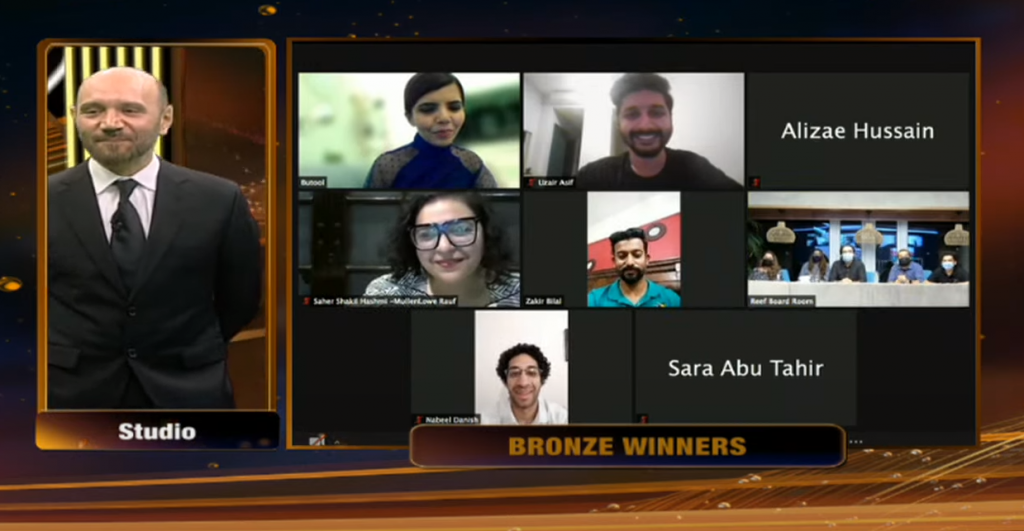
E-Commerce
Bronze Winner: Team Reactivate for “Happiness At Your Doorstep”, IC Now
Influencers
Gold Winner: Dabur Pakistan for “#Vatikafirst”, Vatika Hair Oils
Influencers
Silver Winner: TEAM REACTIVATE for “Sunsilk Sundays with Hania Aamir”, Sunsilk
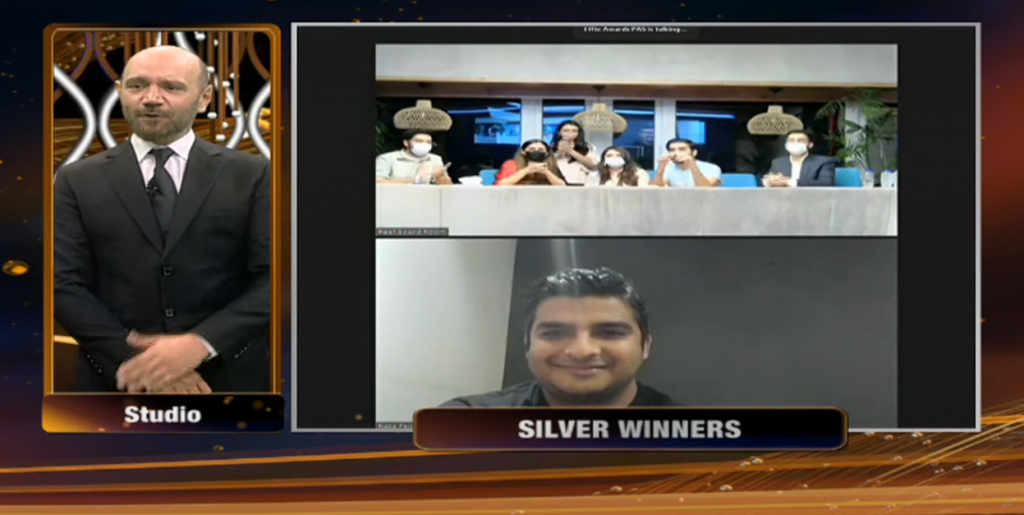 Influencers
Influencers
Bronze Winner: Symmetry Group for “Ragra vs New Ariel Tagra”, Ariel

The winner for MARKETING INNOVATION SOLUTIONS is JAAG BROADCASTING (PVT) LTD for Samaa Virtual Events
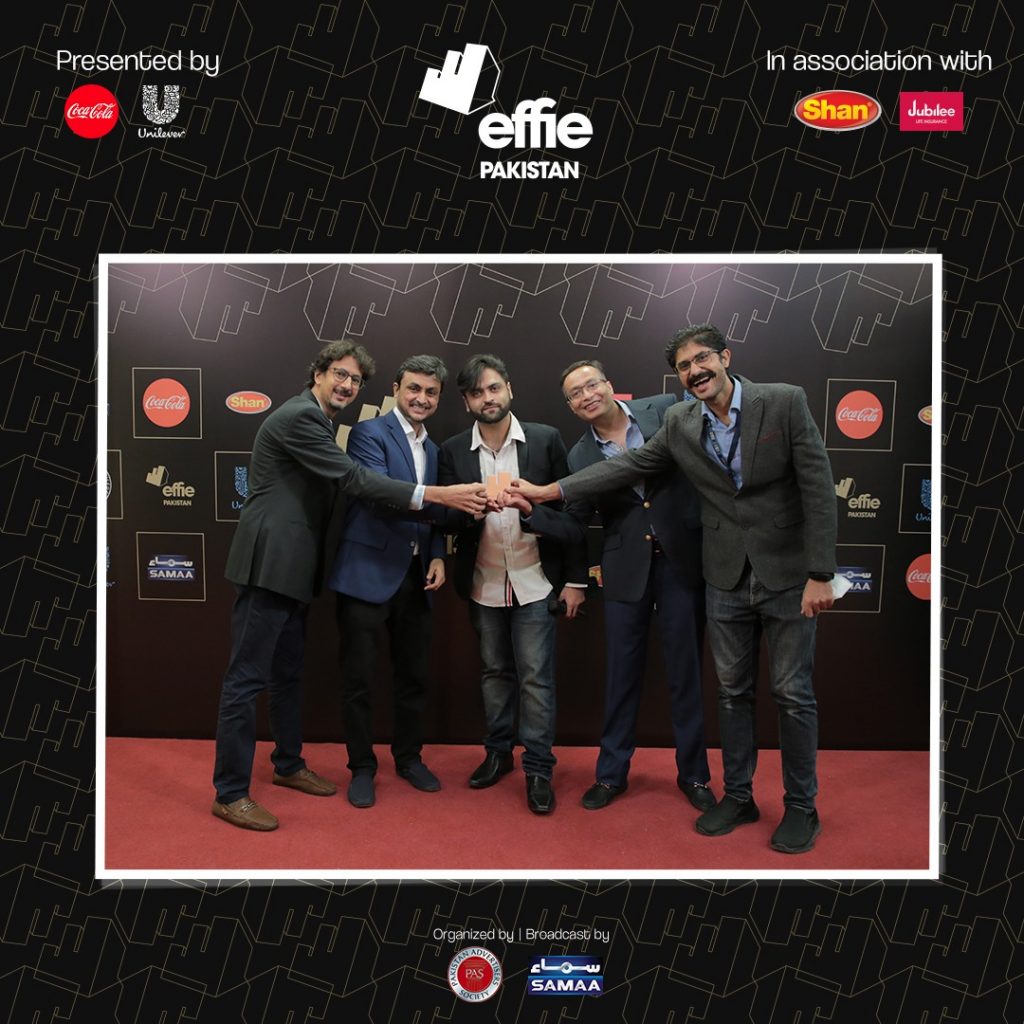
Personal Care
Bronze Winner: MullenLowe Rauf for “Hathon ki Hifazat, Pakistan ki Hifazat”, Lifebuoy
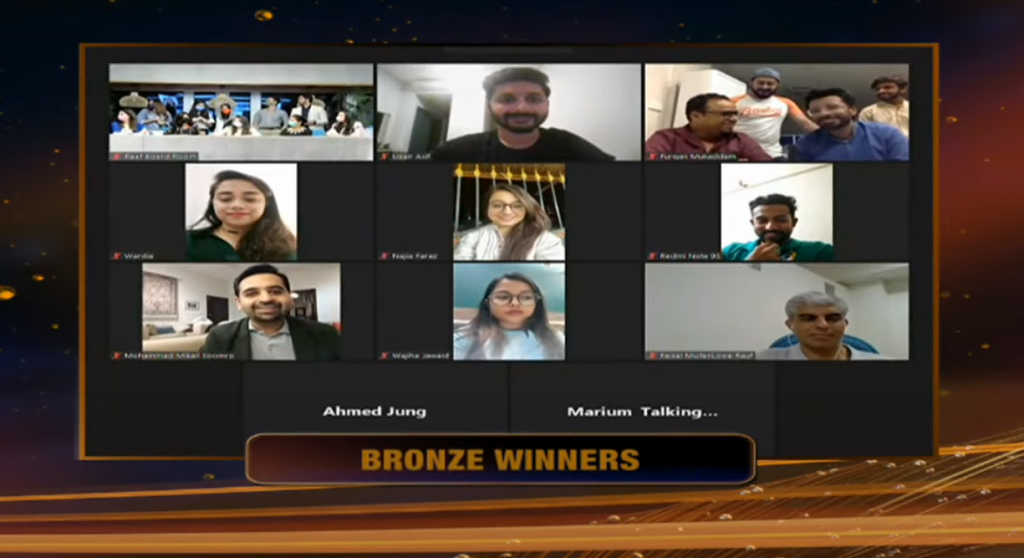
Influencer – Crisis
Silver Winner: ADCOM for “Commander Copy”, Safeguard

Influencer – Crisis
Bronze Winner: FISHBOWL (Pvt.) Ltd for “Danish Ali (JazzCares)”, Telecom
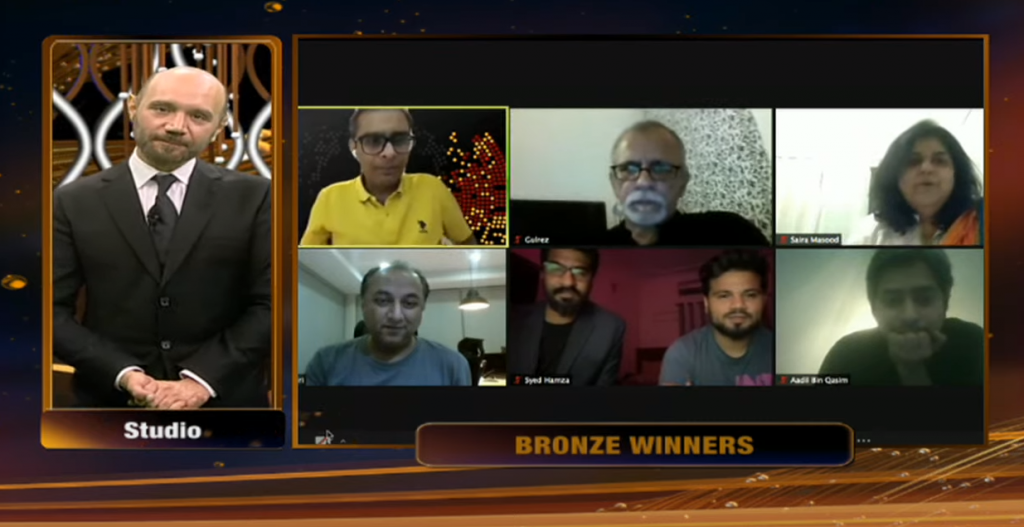
Automotive
Gold Winner: Manhattan Communications (Pvt.) Ltd for “Kiunke Tum Girna Afford Naheen Kar Saktay”, Servis Tyres
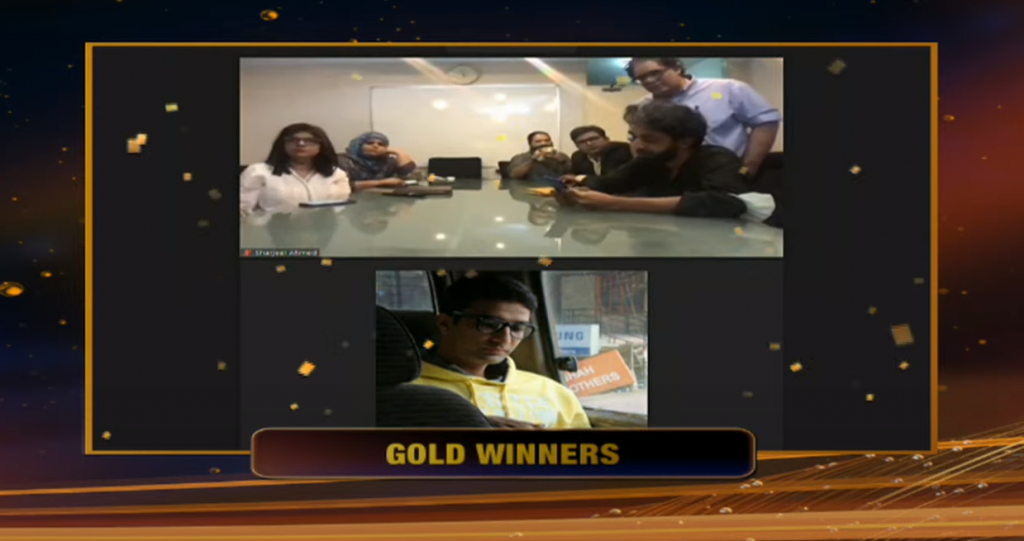
Restaurants
Bronze Winner: Manhattan Communications (Pvt.) Ltd for “Yeh Such Hai”, McDonald’s Extra Value Meals
Positive Change: Social Goods – Brands (Services)
Gold Winner: OGILVY PAKISTAN for “Naming the Invisible by Digital Birth Registration”, Telenor
Positive Change: Social Goods – Brands (Services)
Silver Winner: OGILVY PAKISTAN for “Khushaal Watan 7272”, Telenor
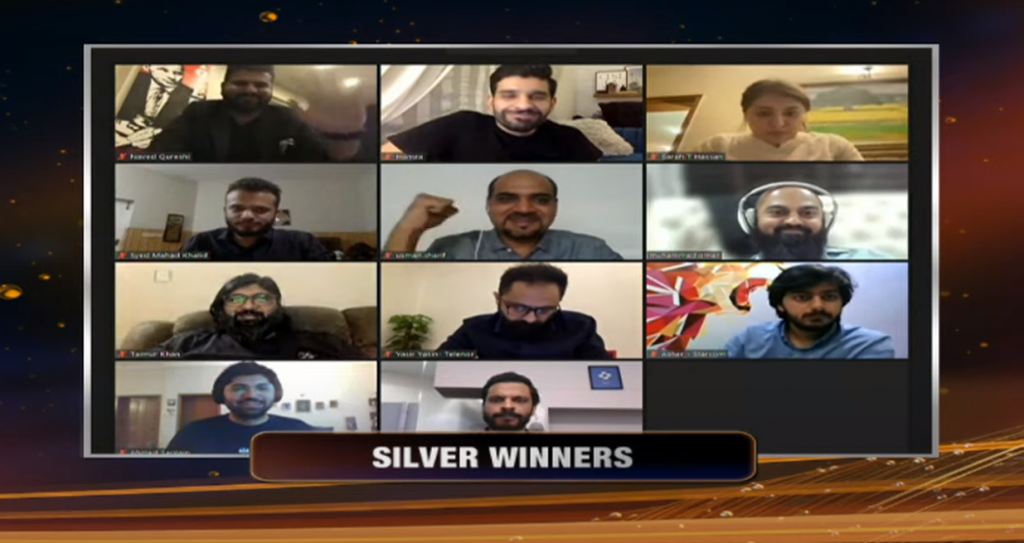
Youth Marketing
Bronze Winner: IAL SAATCHI & SAATCHI for “Jazz Super 4G Abhi”, Jazz

Youth Marketing
Bronze Winner: ADCOM for “Always Azad”, Always

David vs Goliath
Silver Winner: Manhattan Communications (Pvt) Ltd for “Chaiwala Biskut – Bisconni”, Ismail Industries Limited
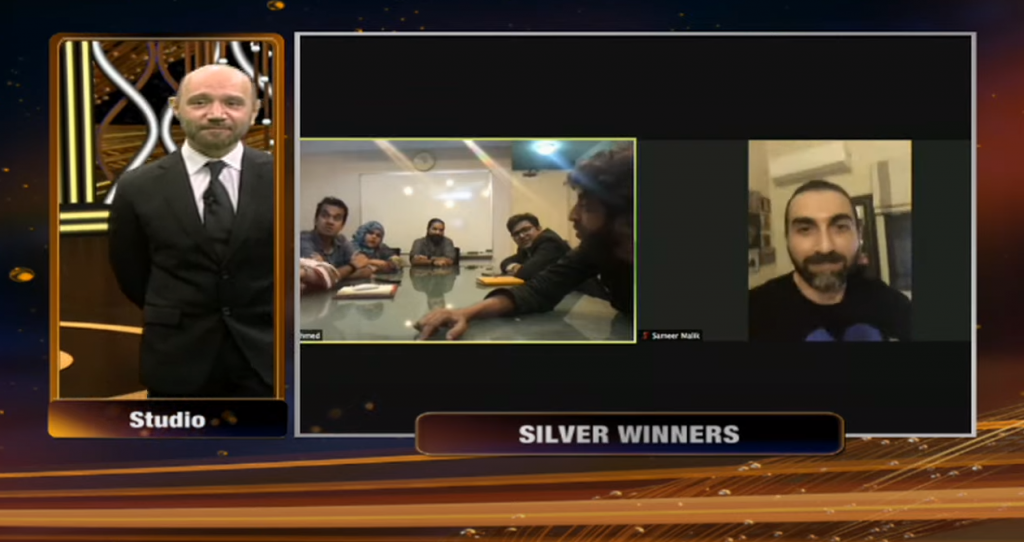
David vs Goliath
Bronze Winner: FISHBOWL for “Shoop Instant Noodles”, Shan Foods
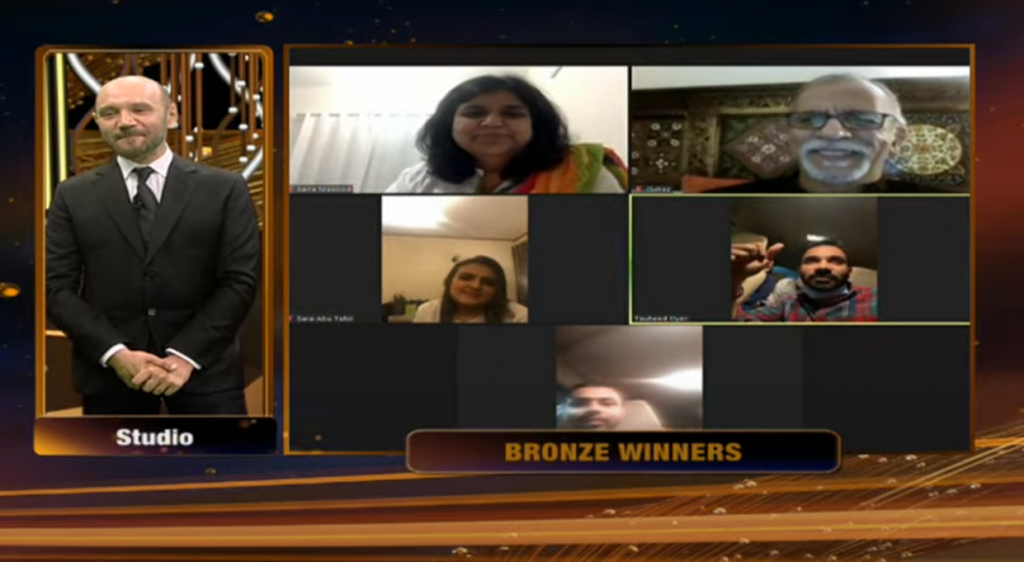
David vs Goliath
Bronze Winner: MullenLowe Rauf for “Launch Campaign”, KIA Sportage

Corporate Reputation
Silver Winner: BBDO PAKISTAN for “Face Mask National Anthem”, Unilever Pakistan
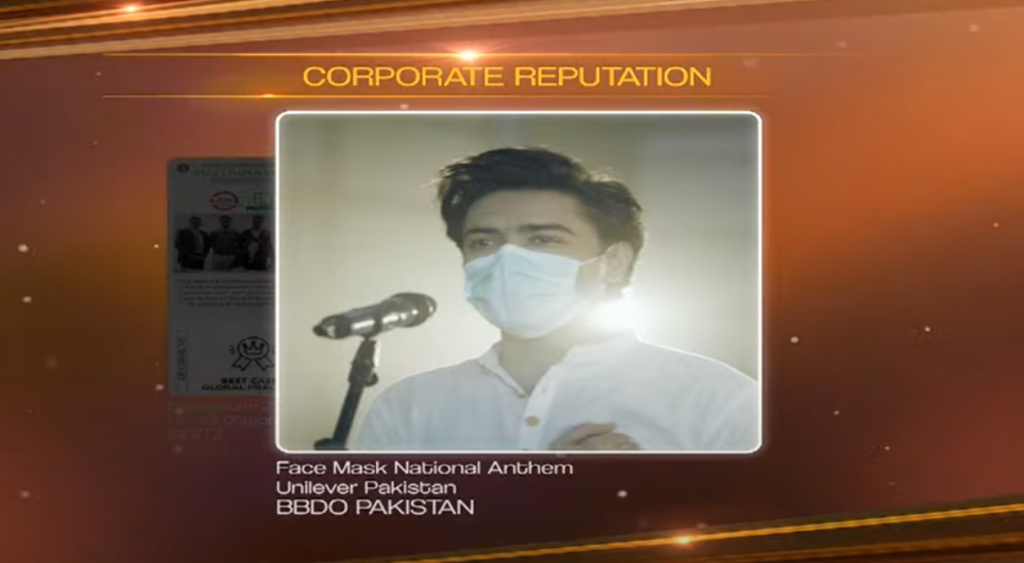
Sustained Success – Products
Gold Winner: Mullen Lowe for “Surf Ramzan”, Surf Excel
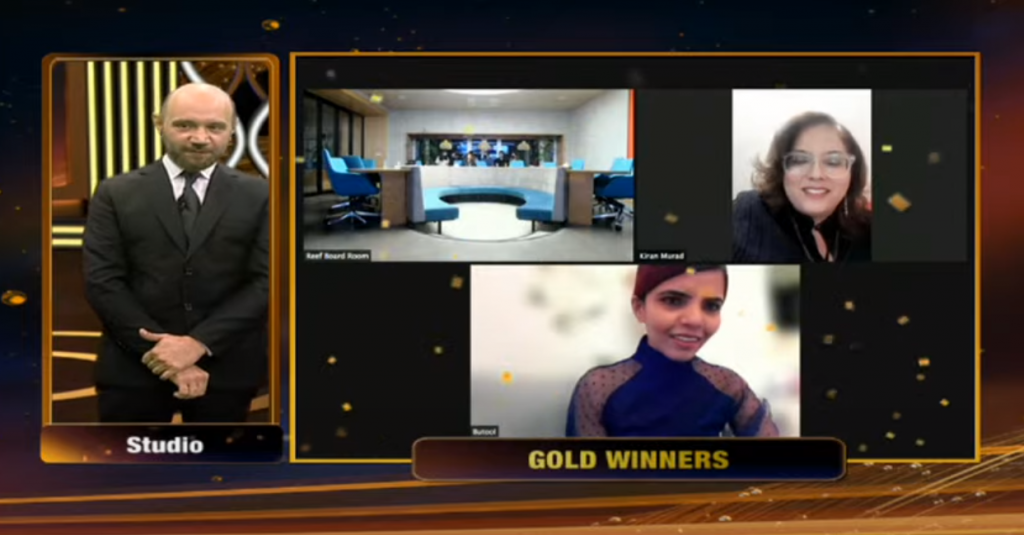
Sustained Success – Products
Silver Winner: Adcom for “Ariel”, P&G
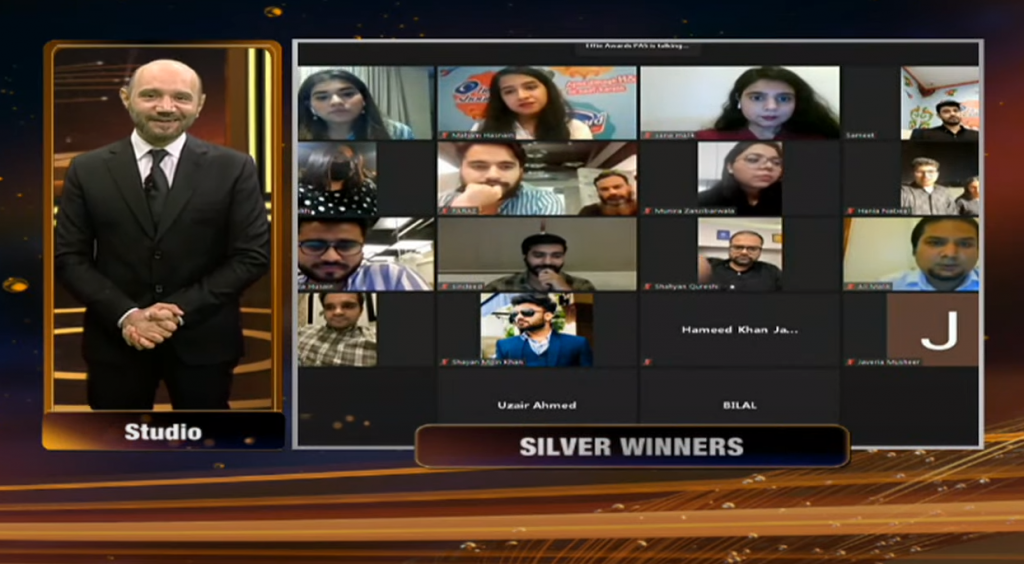
Sustained Success – Products
Bronze Winner: Adcom for “Calcium Awareness Campaign”

Media Innovation
Gold Winner: BODYBEAT PR for “#Vatikafirst”, Vatika Hair Oils
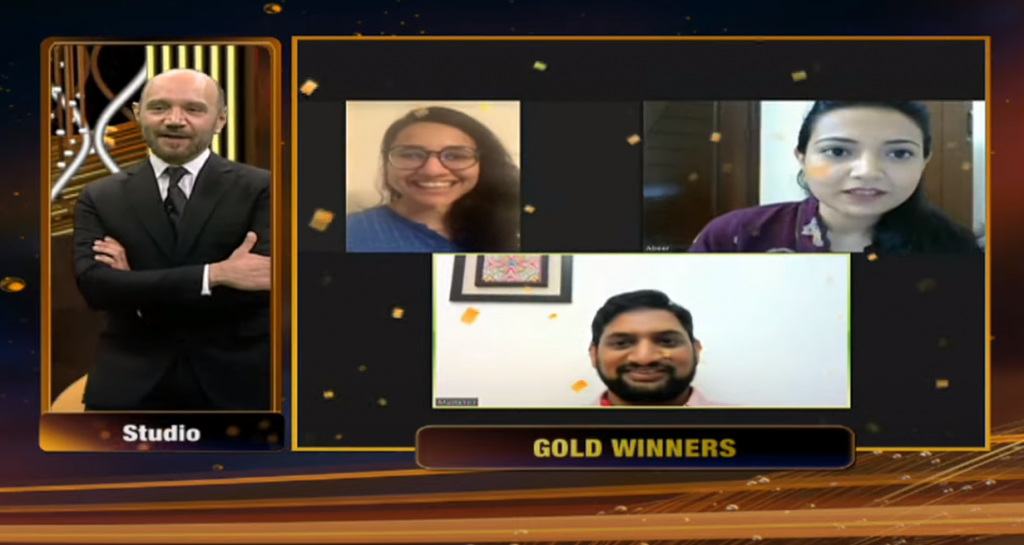
Media Innovation
Bronze Winner: OGILVY PAKISTAN for “World’s First Personalised Mobile Data Plans”, Telenor
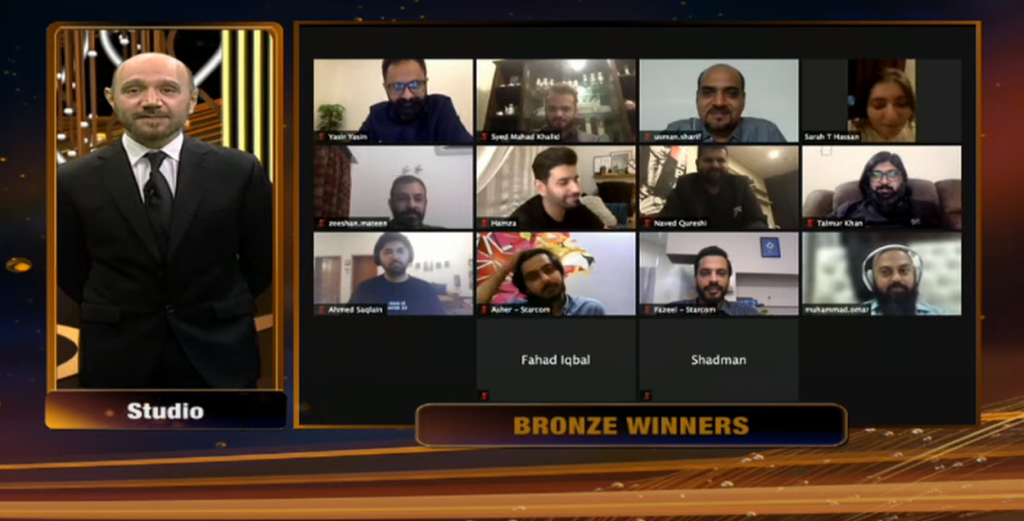
Positive Change: Social Good – Non Profit
Gold Winner: BBDO PAKISTAN for “The Hot Tea Stain”, Shalamar Pakistan

Finance
Gold Winner: OGILVY PAKISTAN for “Every Number is Welcome”, Easypaisa
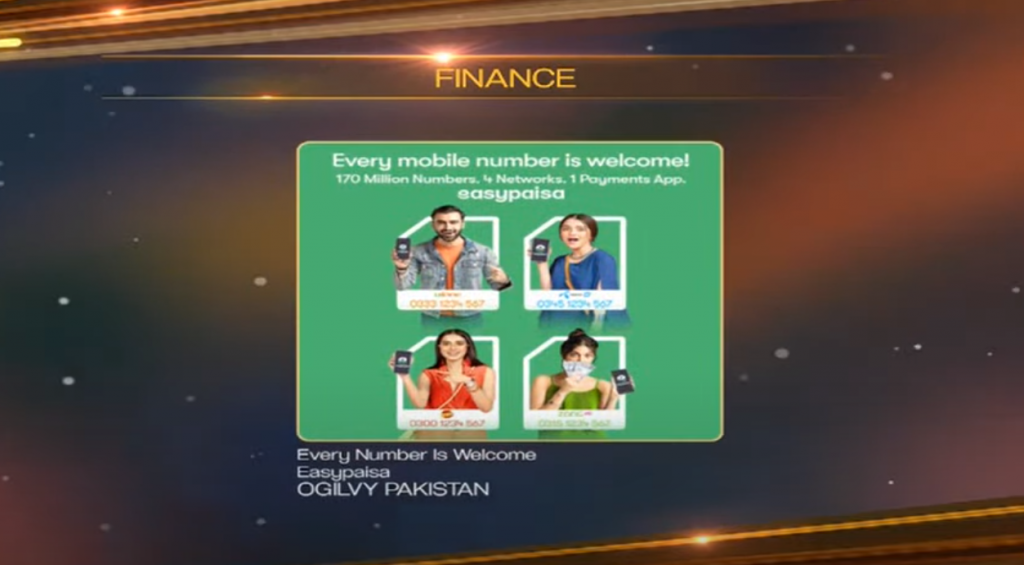
Finance
Silver Winner: OGILVY PAKISTAN for Phtta Note, Easypaisa

Marketing Disruptors
Gold Winner: OGILVY PAKISTAN for Eidipaisa, Easypaisa
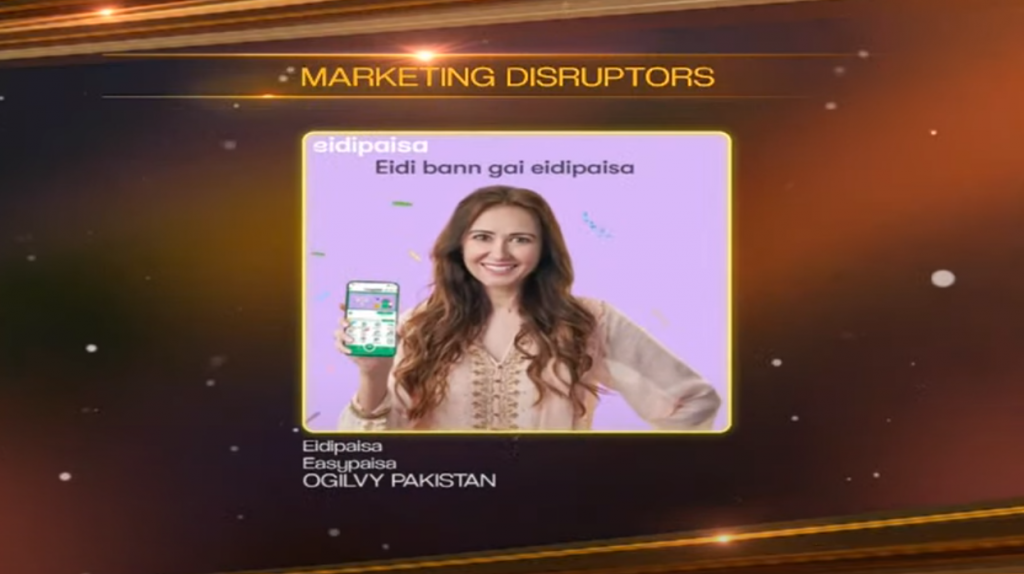
The Effie Pakistan finalists and winners will receive credit in the Global Effie Index, which identifies and ranks the most effective agencies, marketers, brands, networks, and holding companies by analysing finalist and winner data from all Effie competitions worldwide. Announced annually, the Effie Index is the most comprehensive global ranking of marketing effectiveness.
It was an honour to be Digital Publication Partner for the Effie Awards 2021

Effie Awards Jury Sessions 2021: Final Round of Jury. Read the full story here
Have something to add? Let us know in the comment section below.
For more news and updates, stay tuned to Wow 360.



